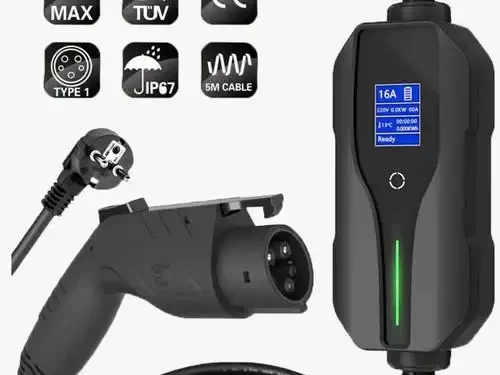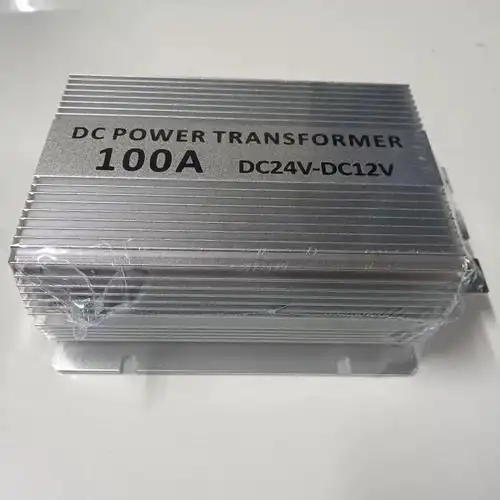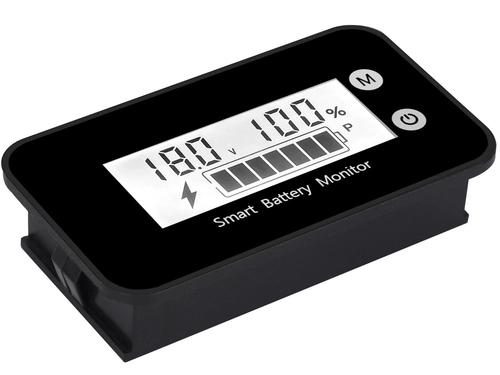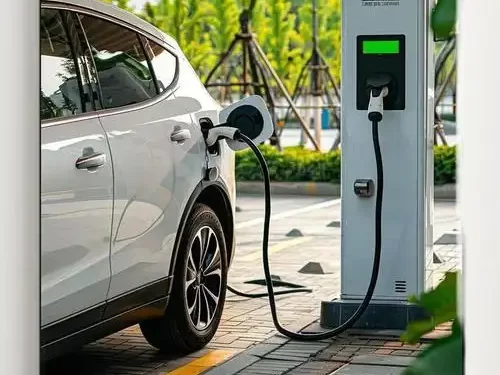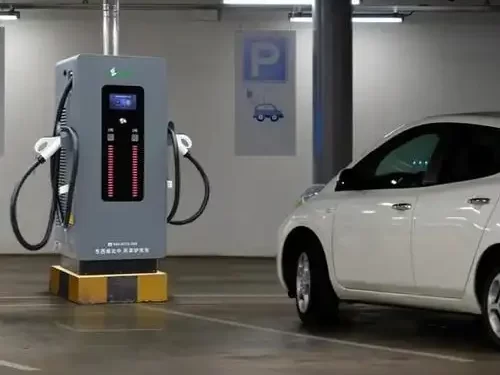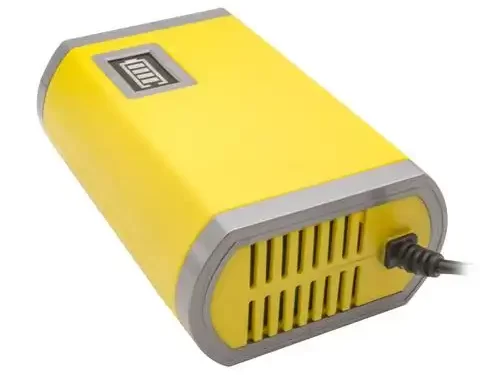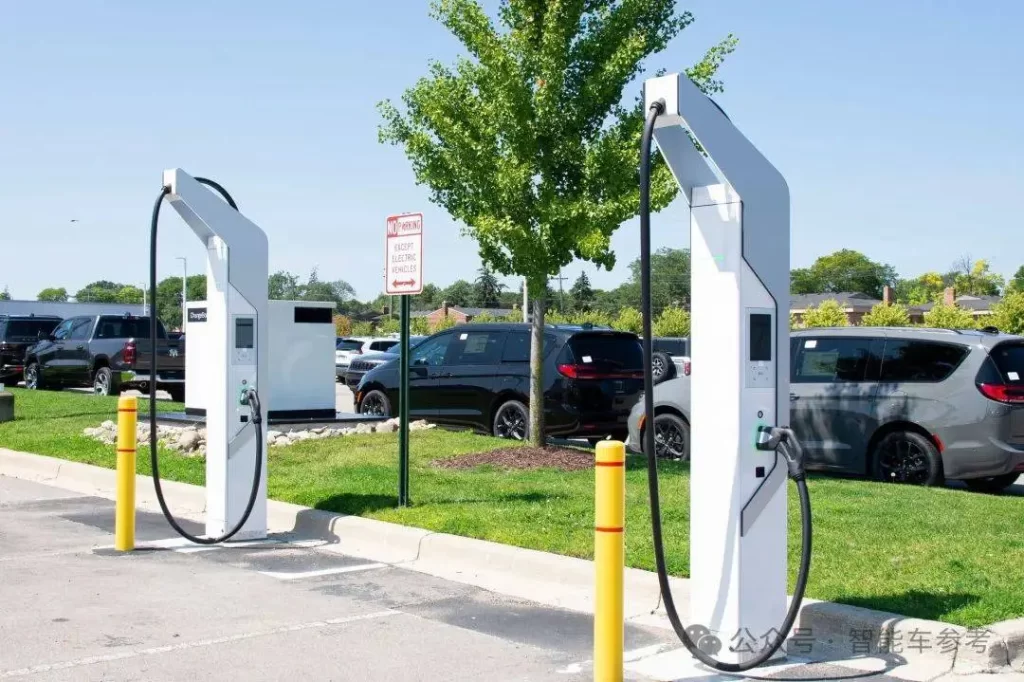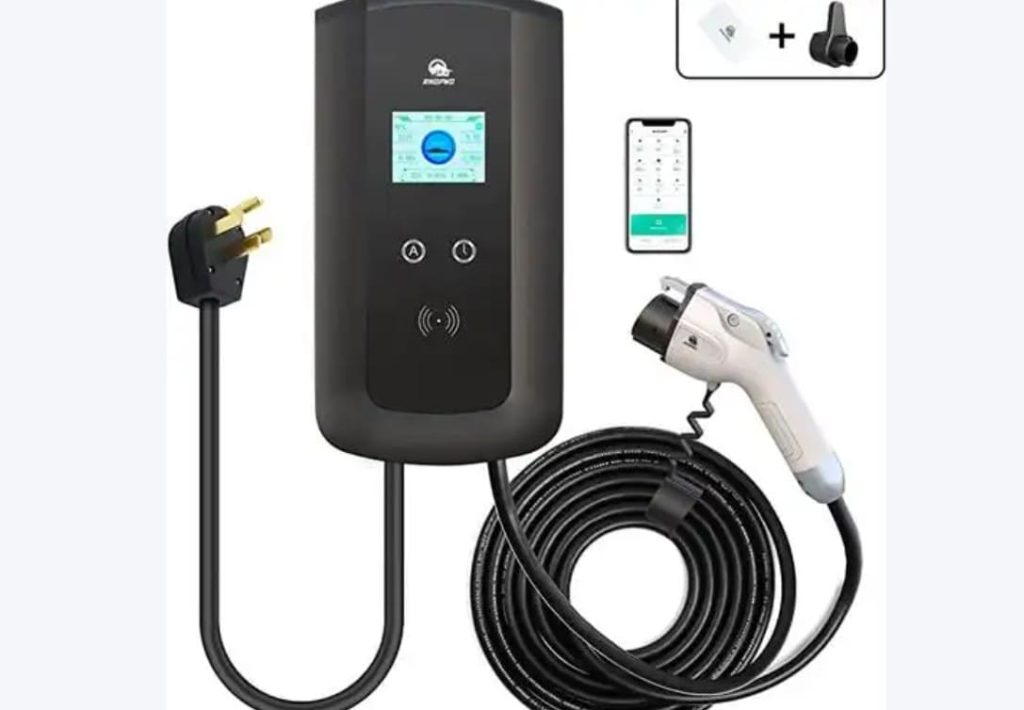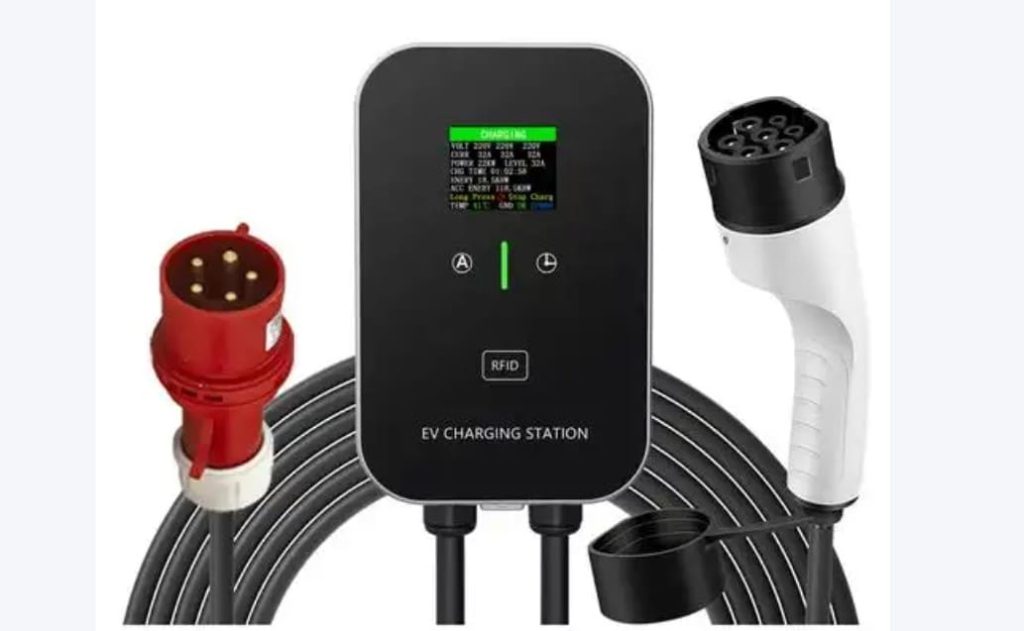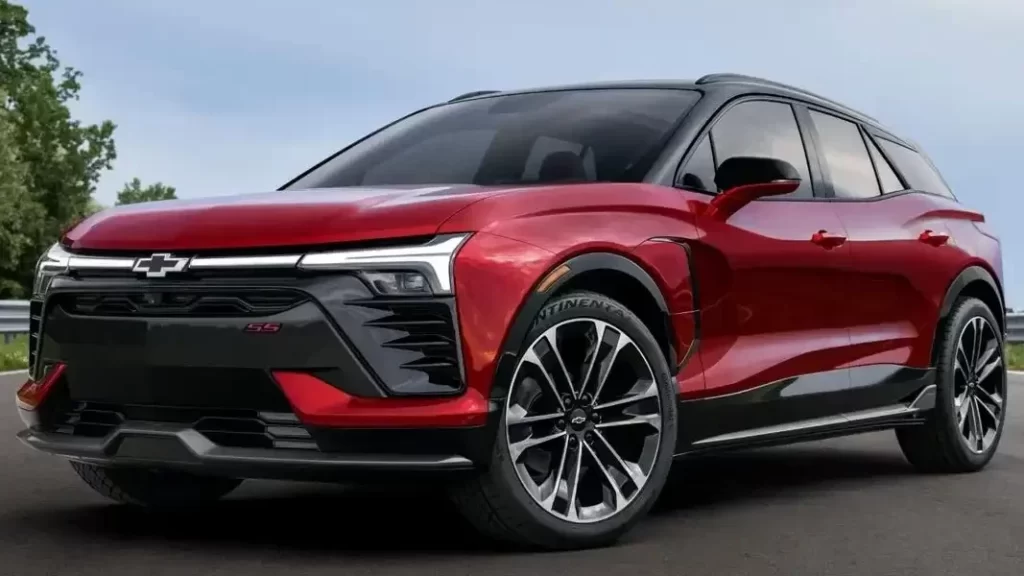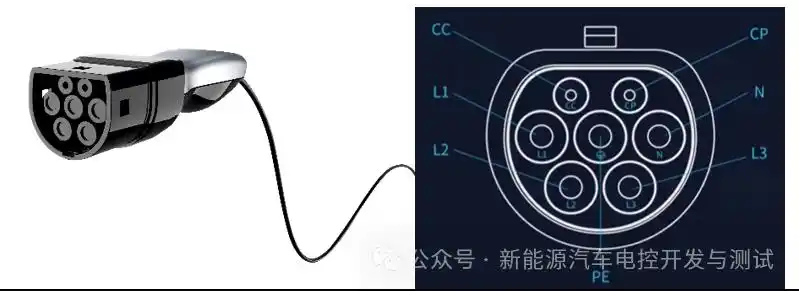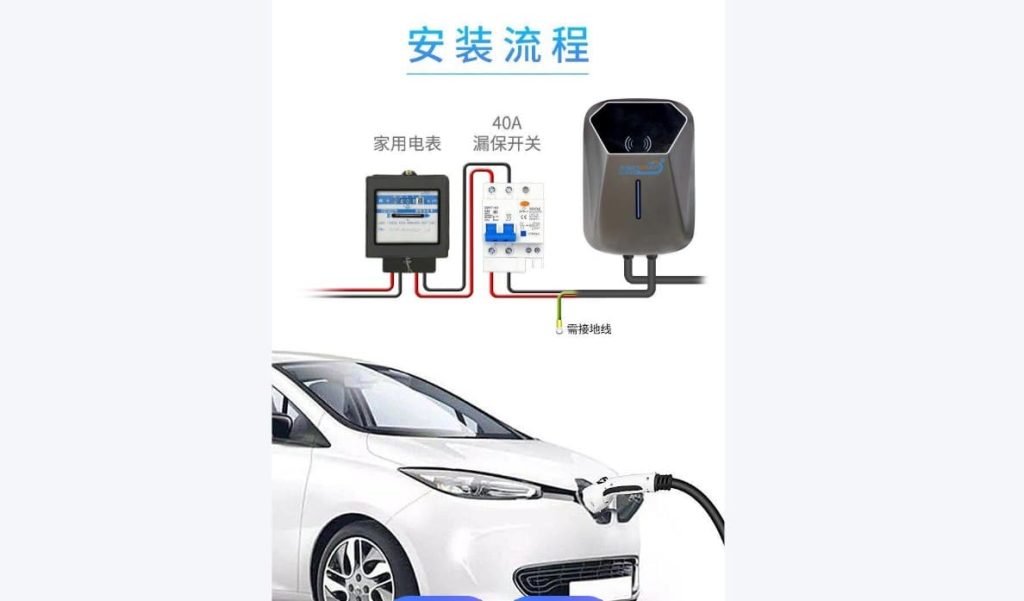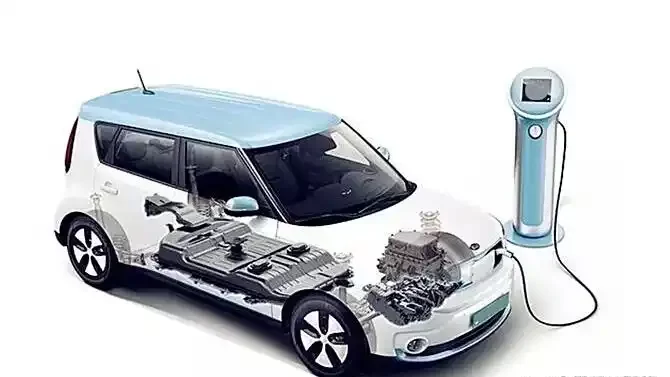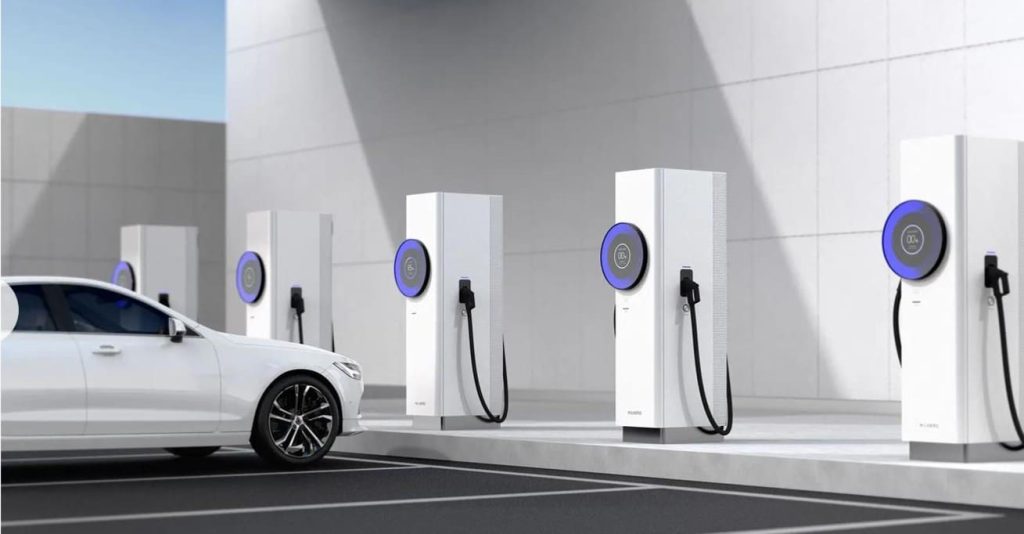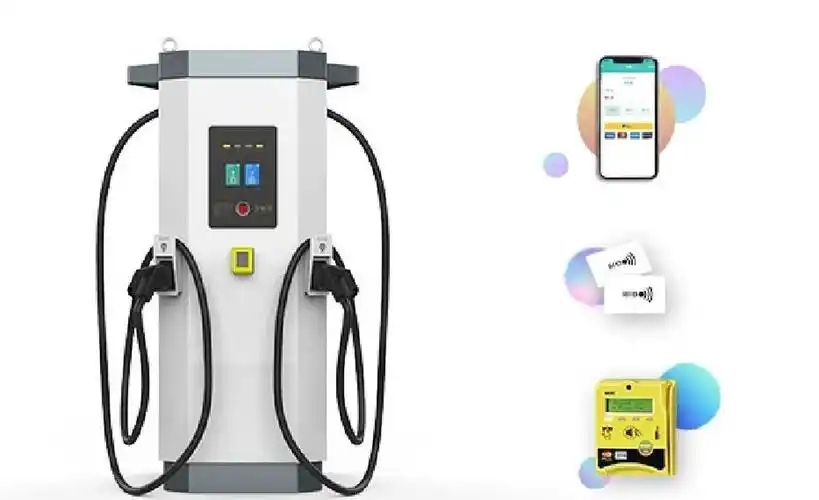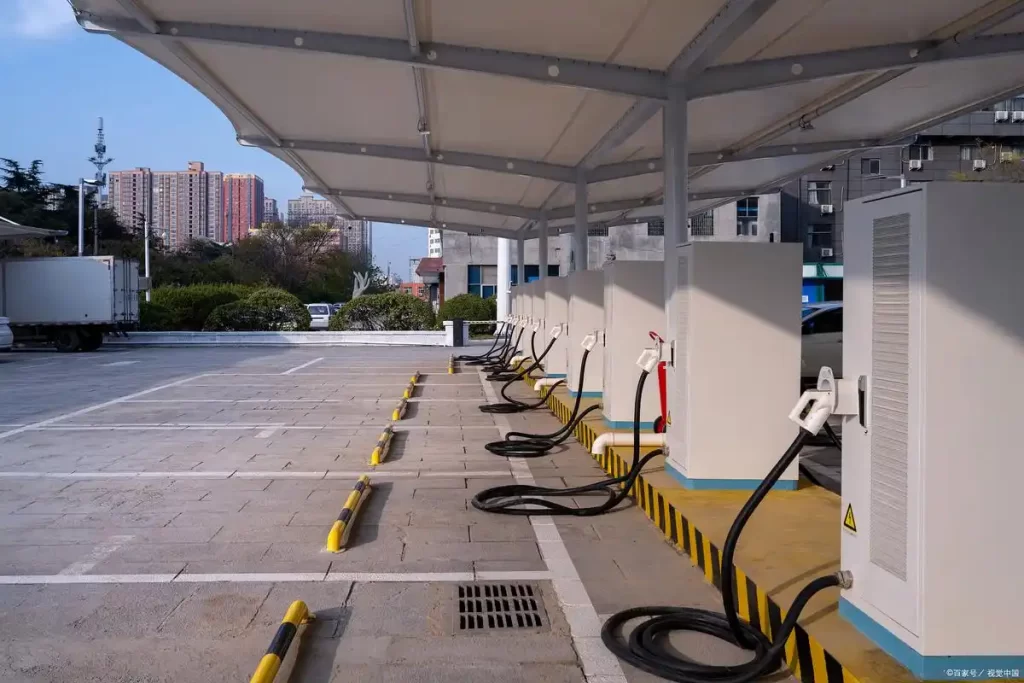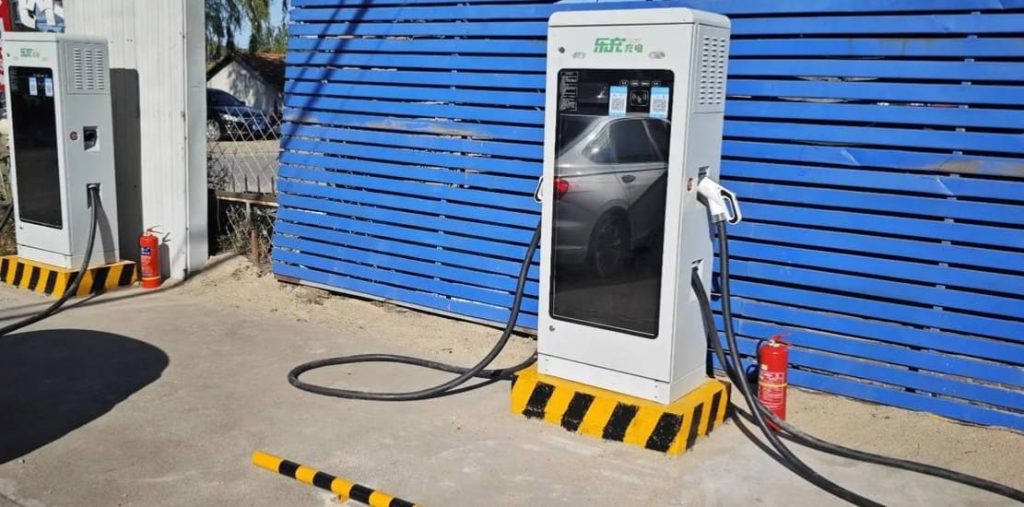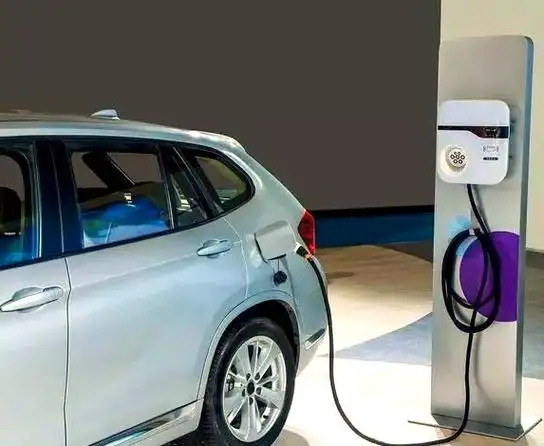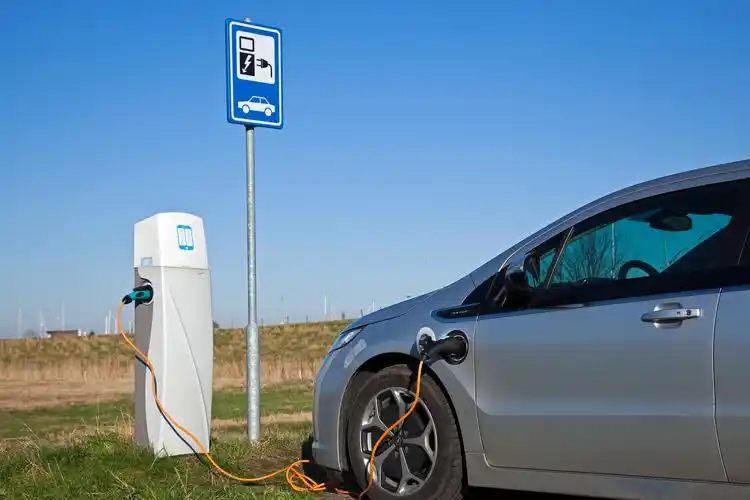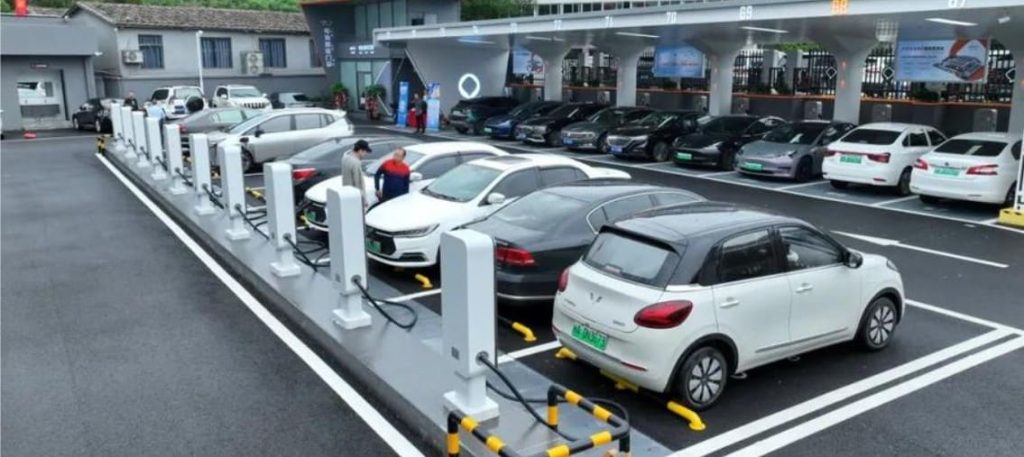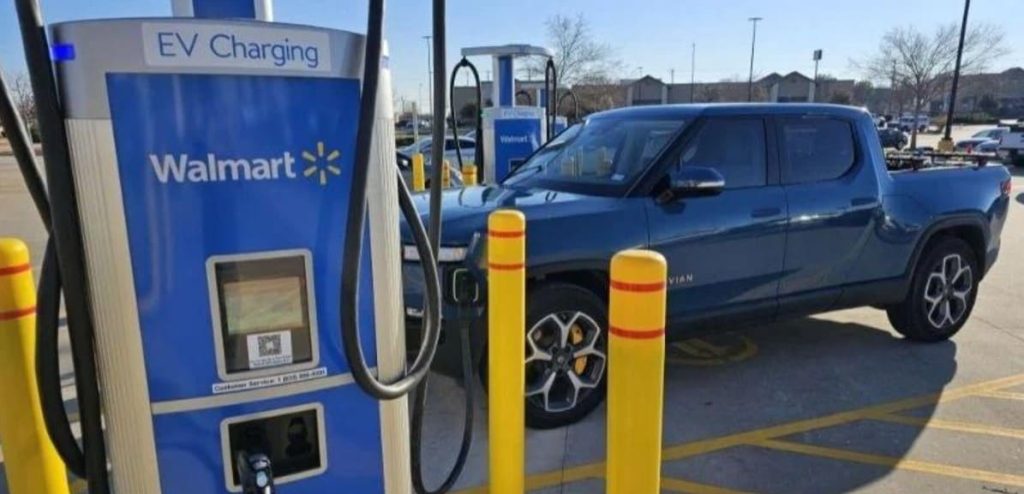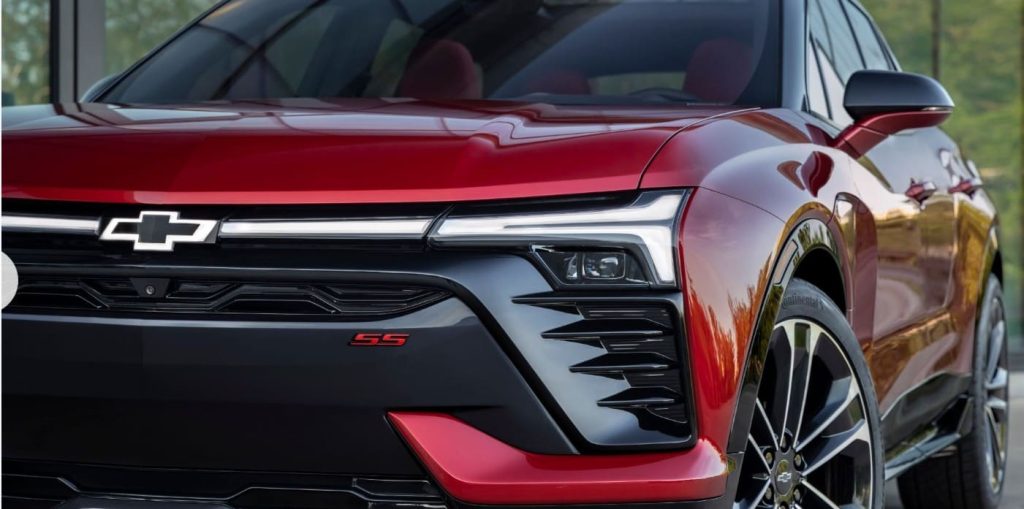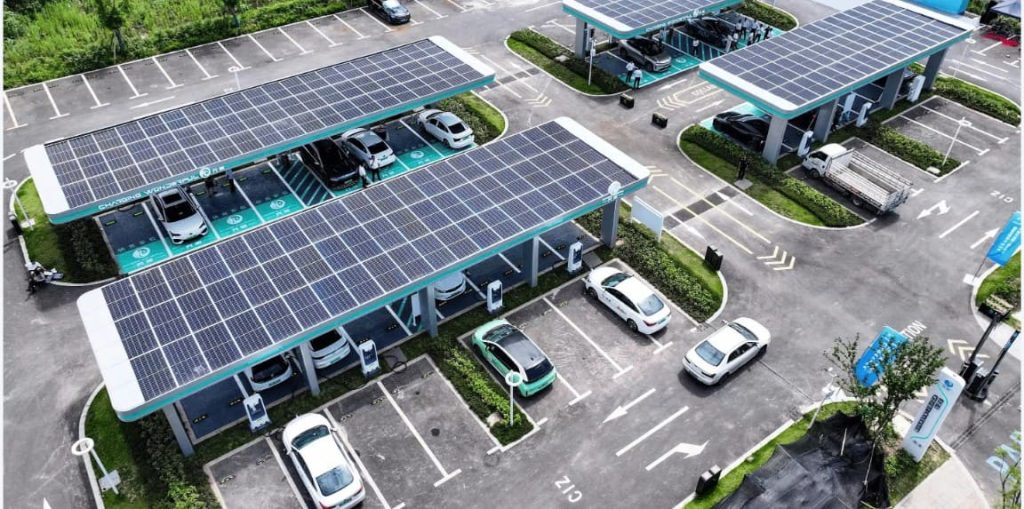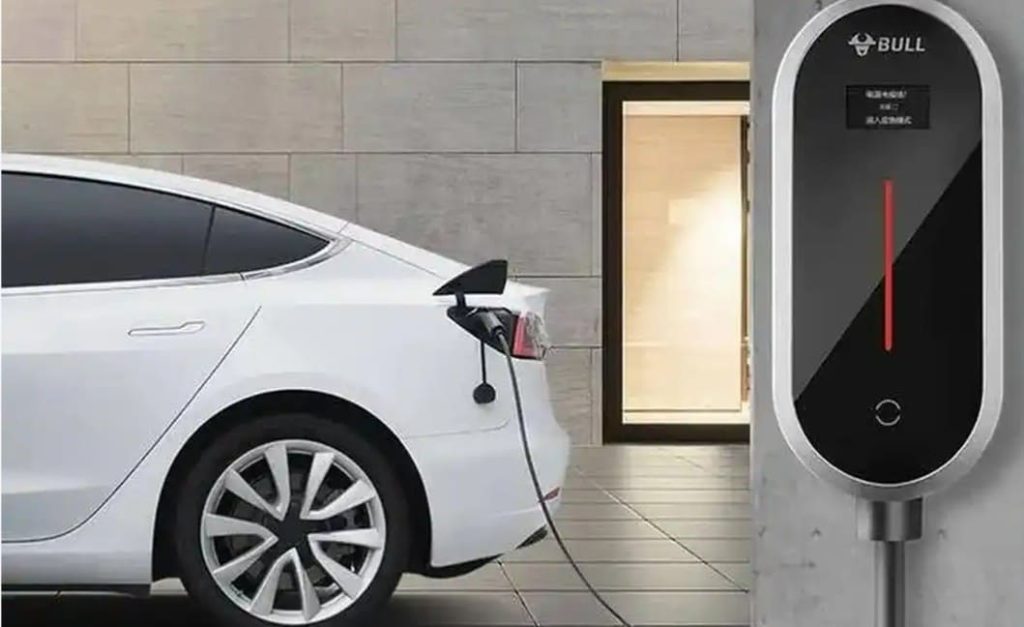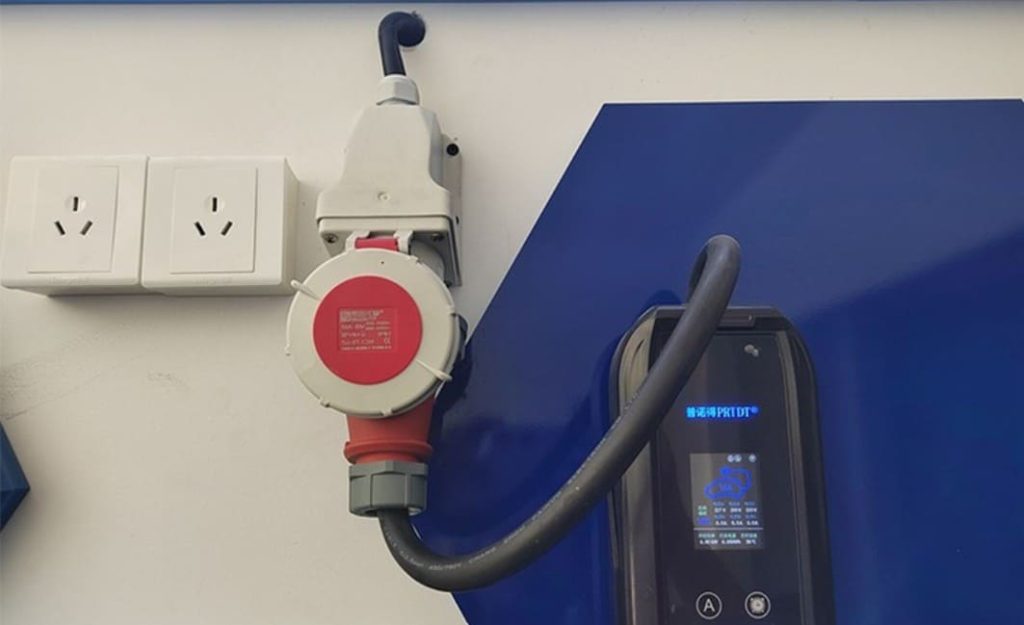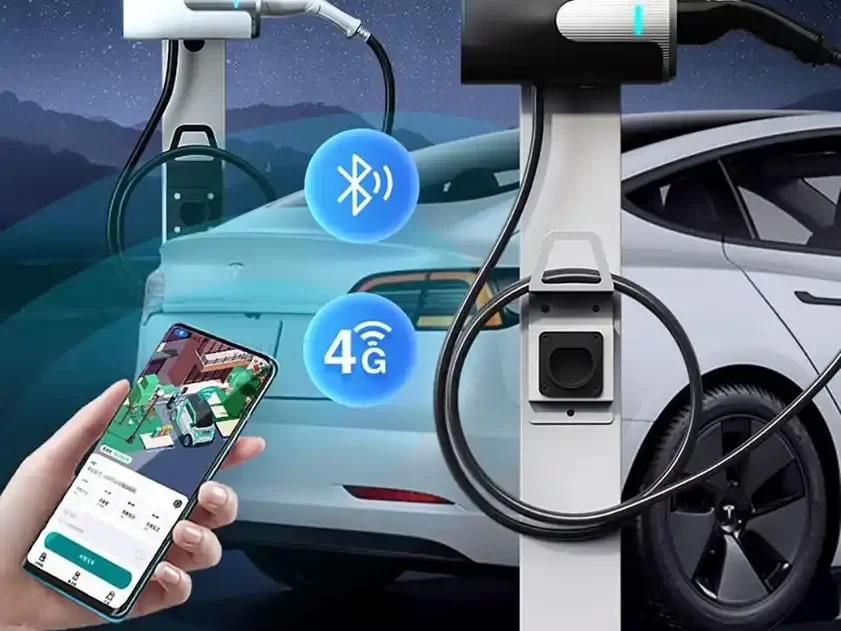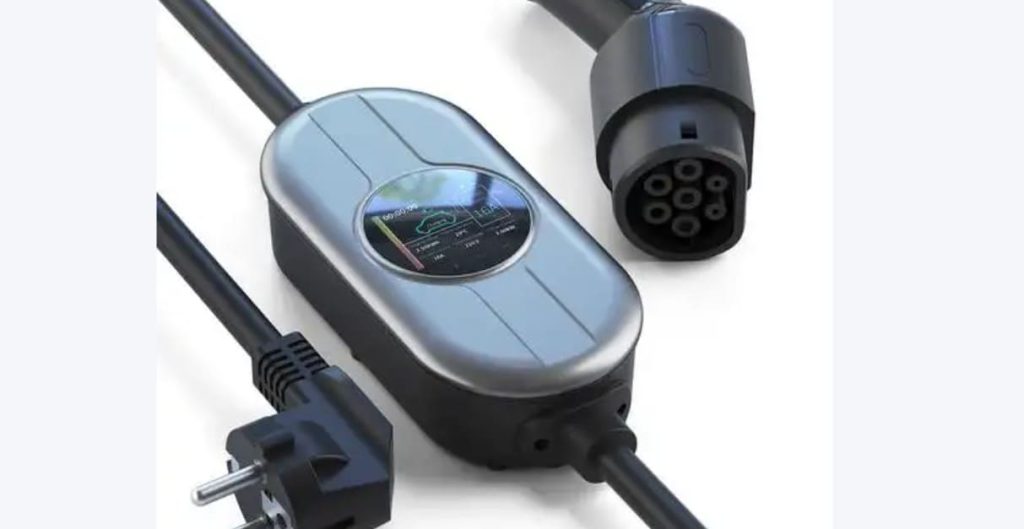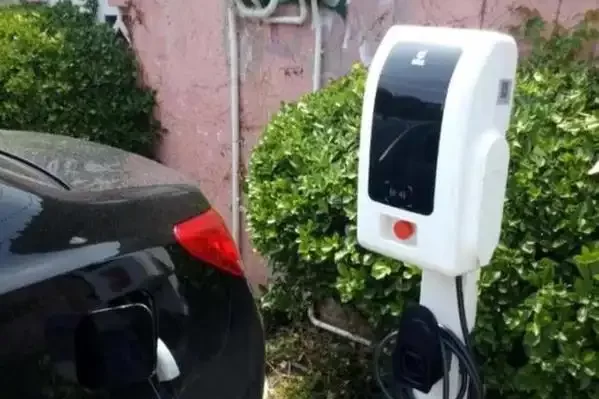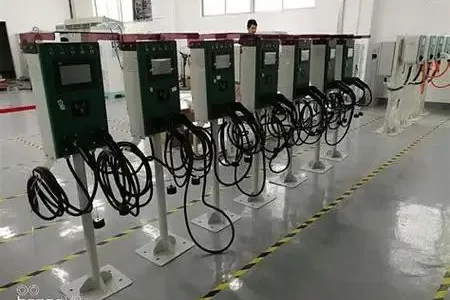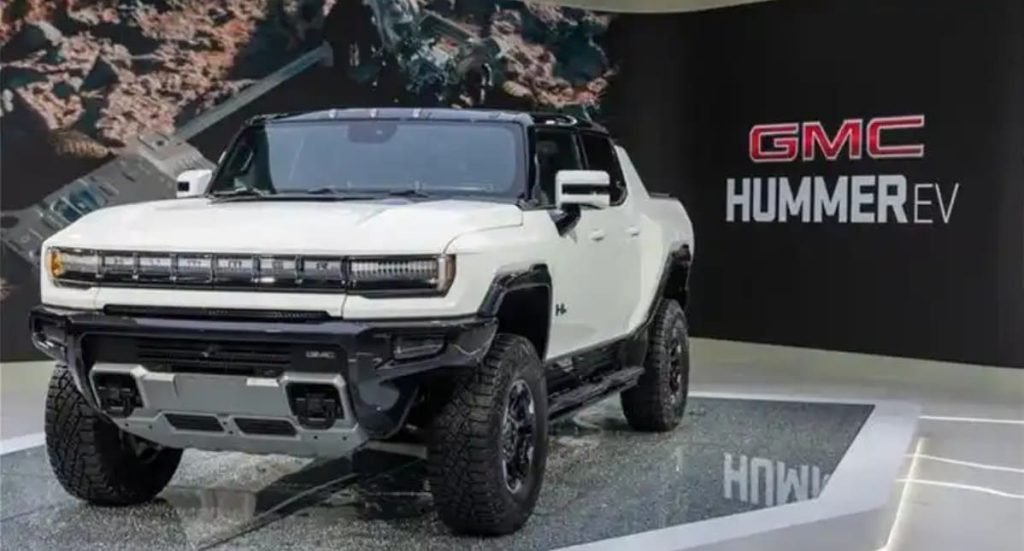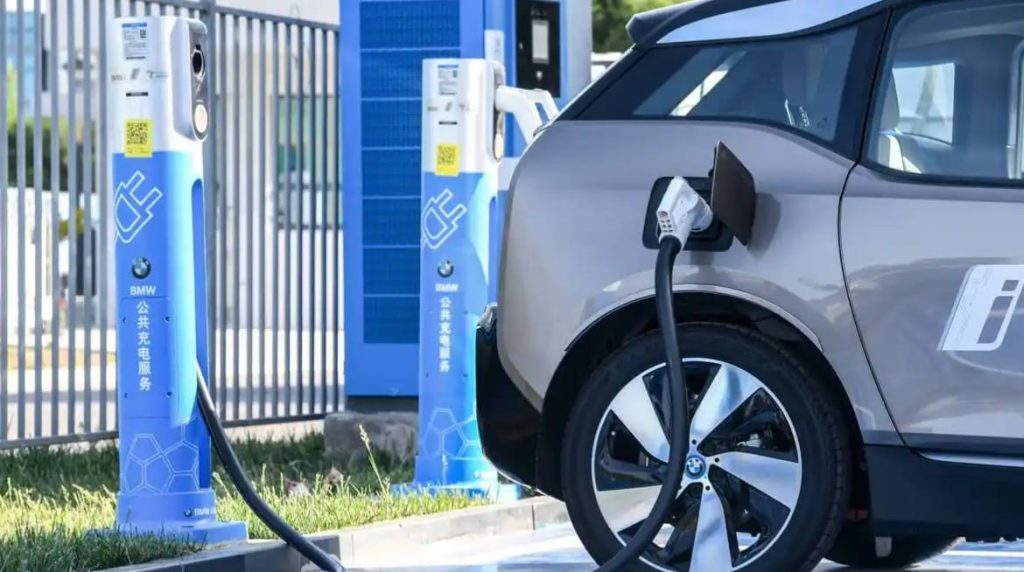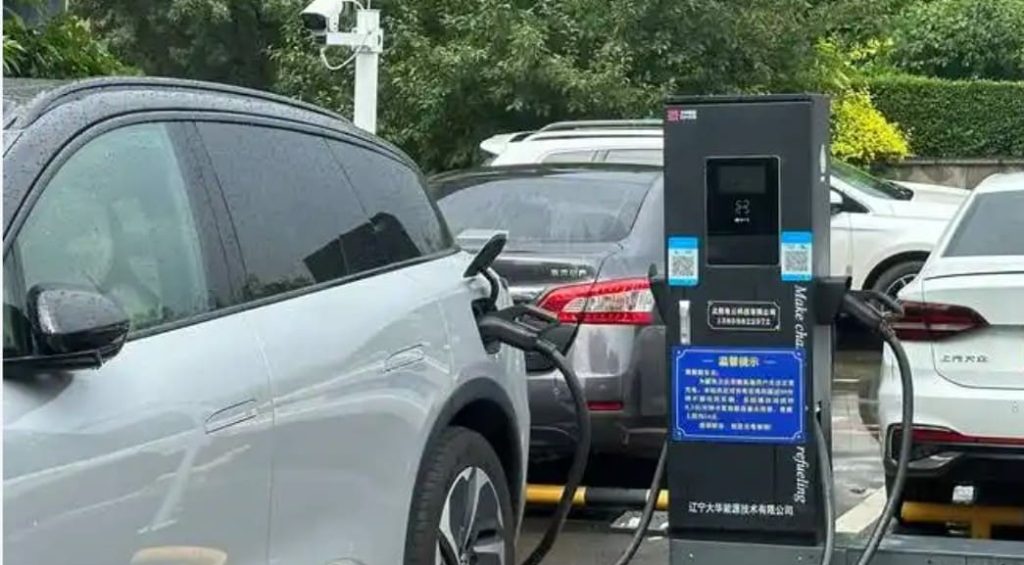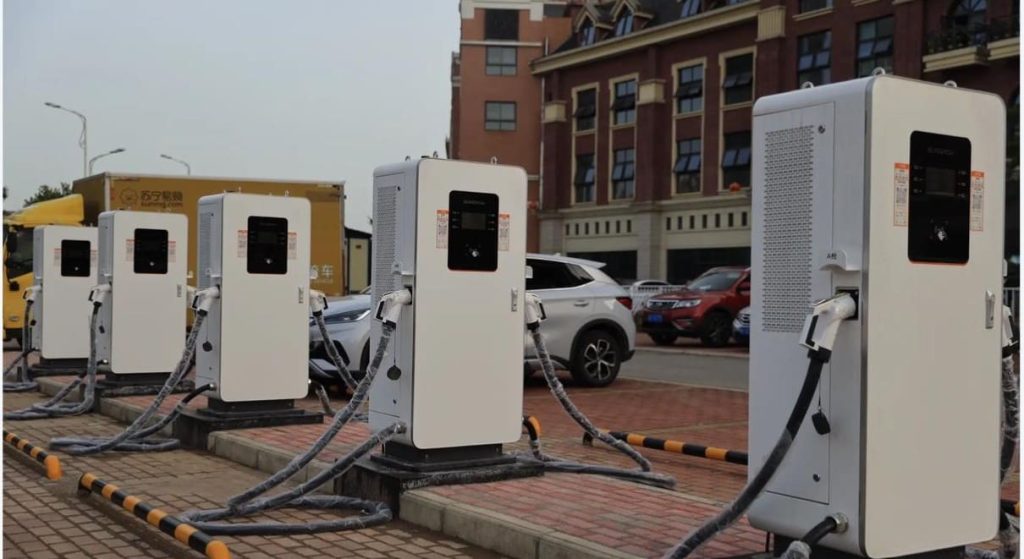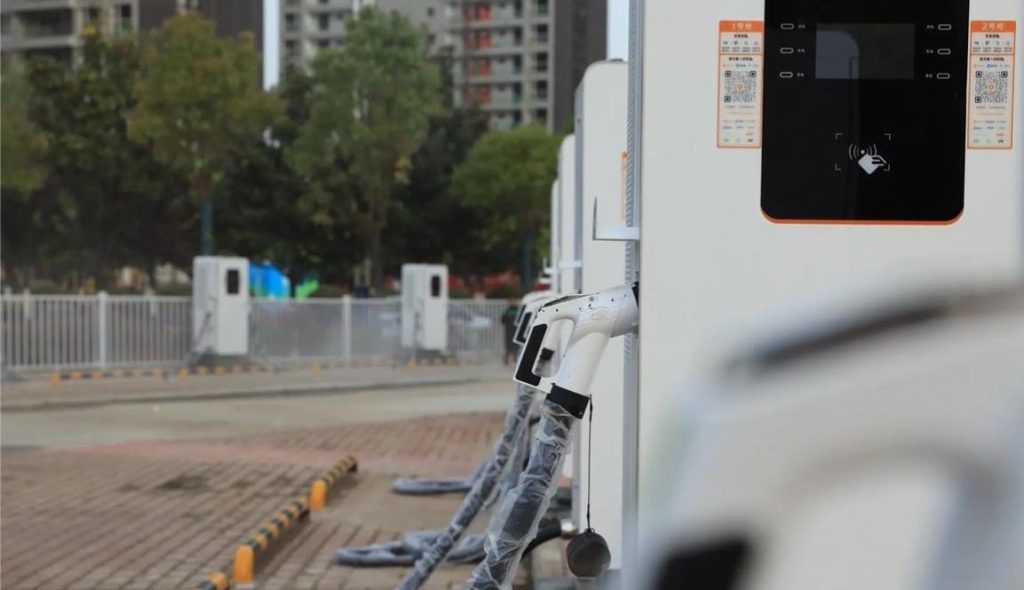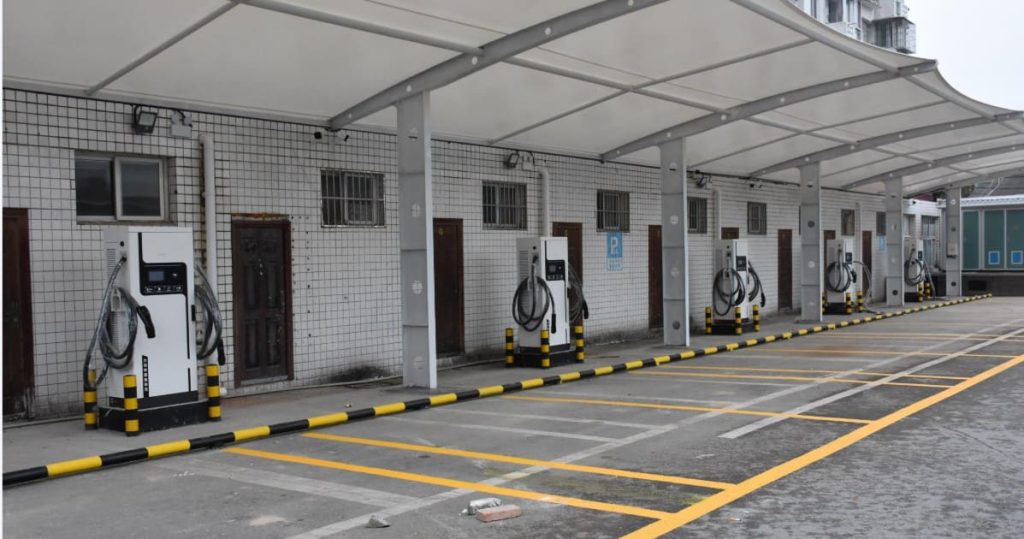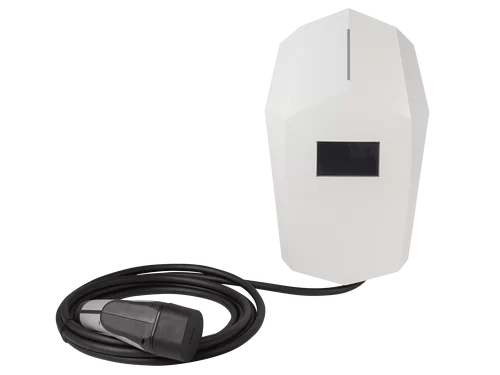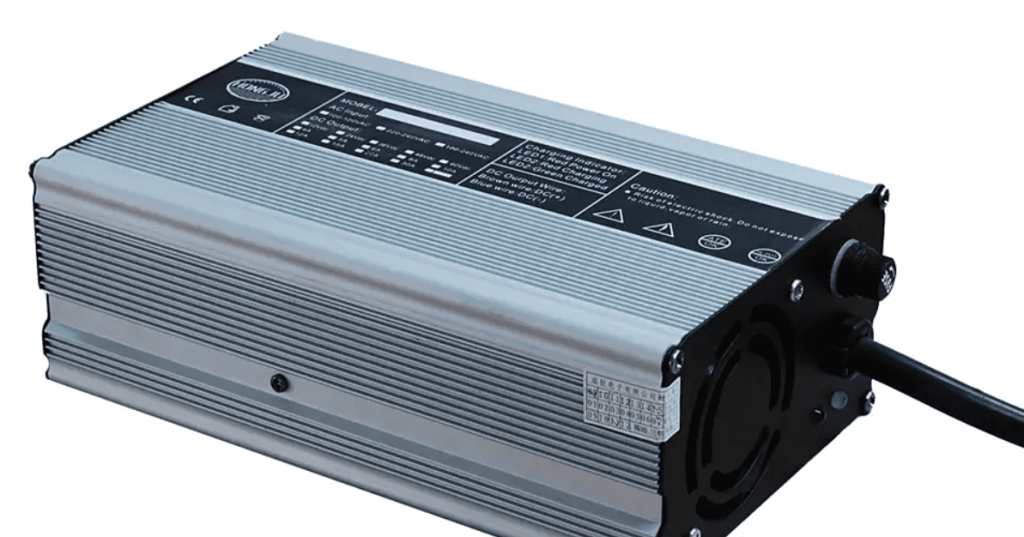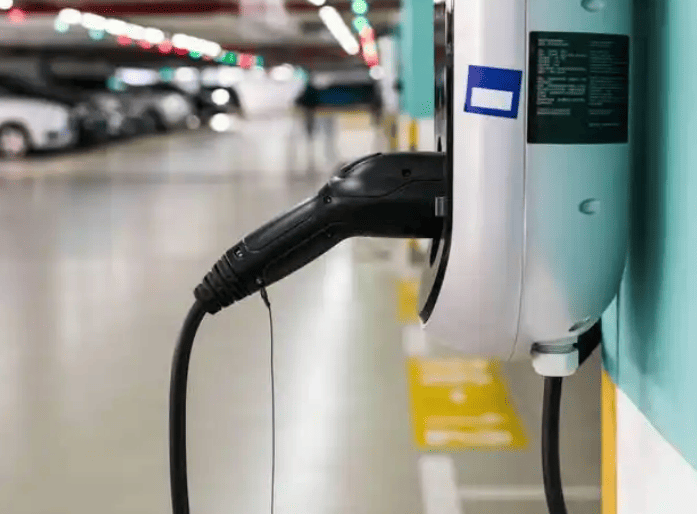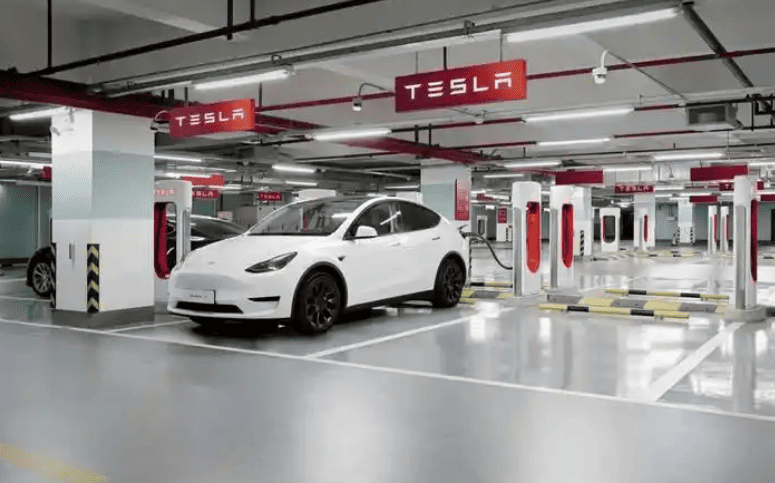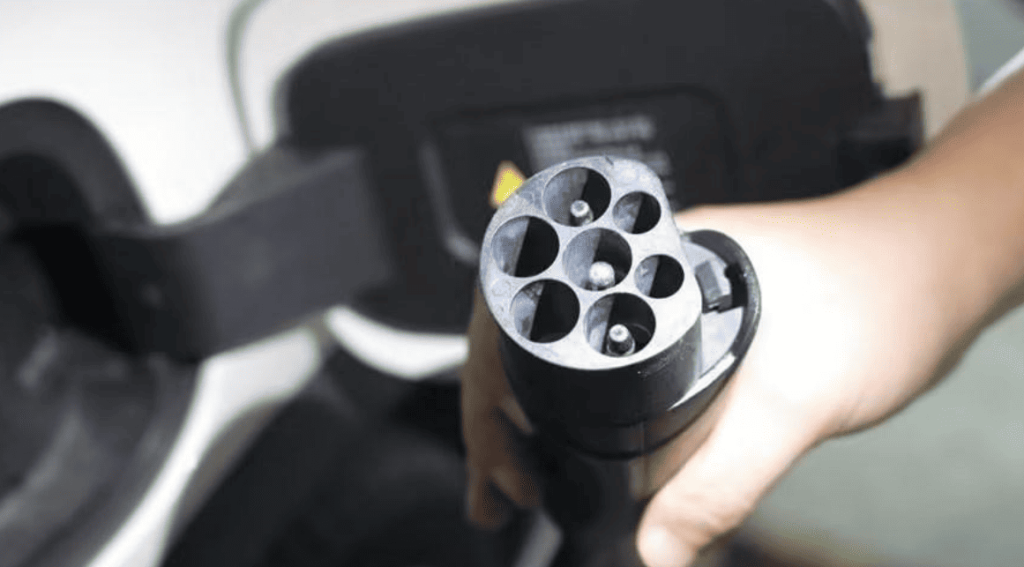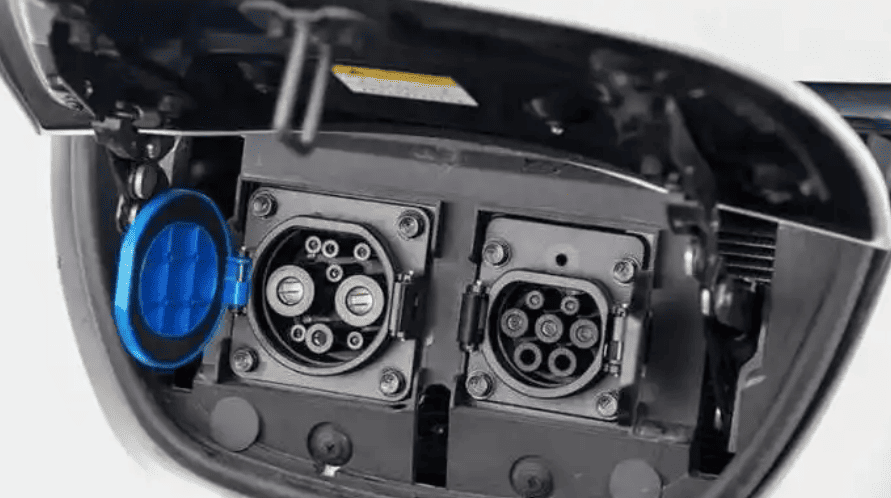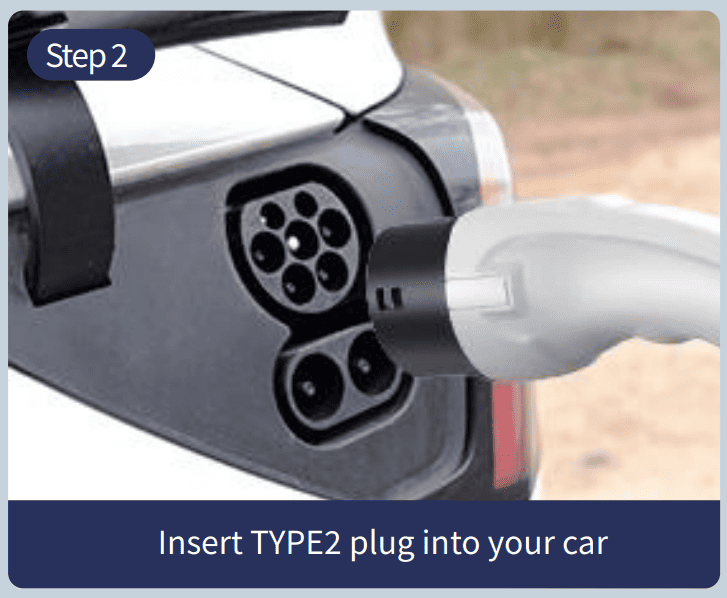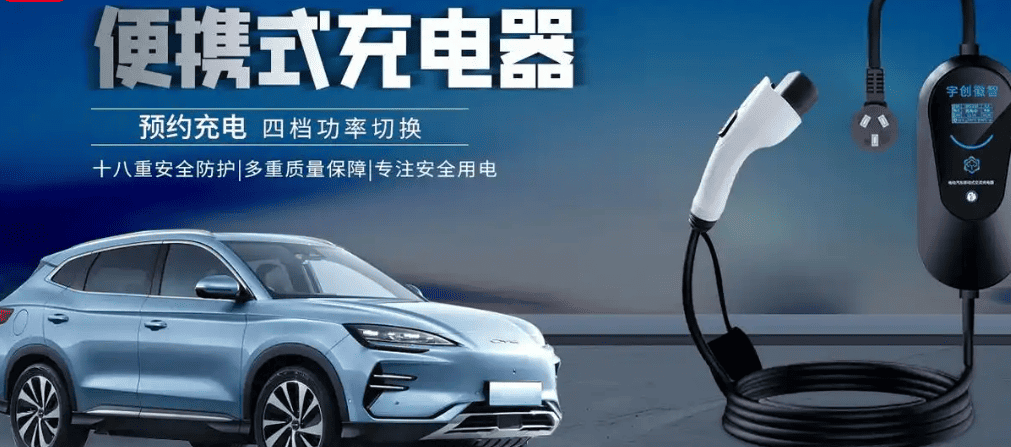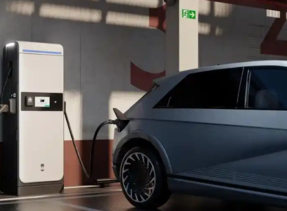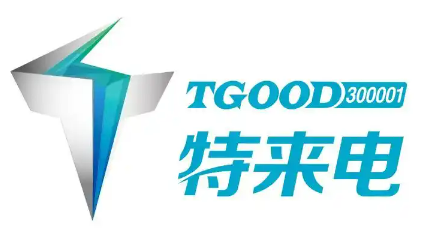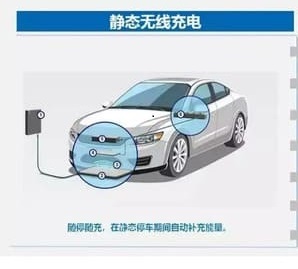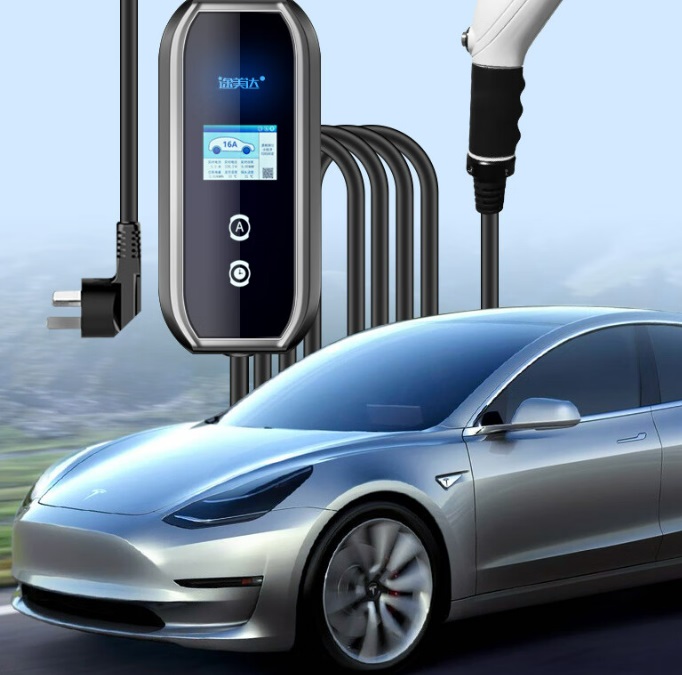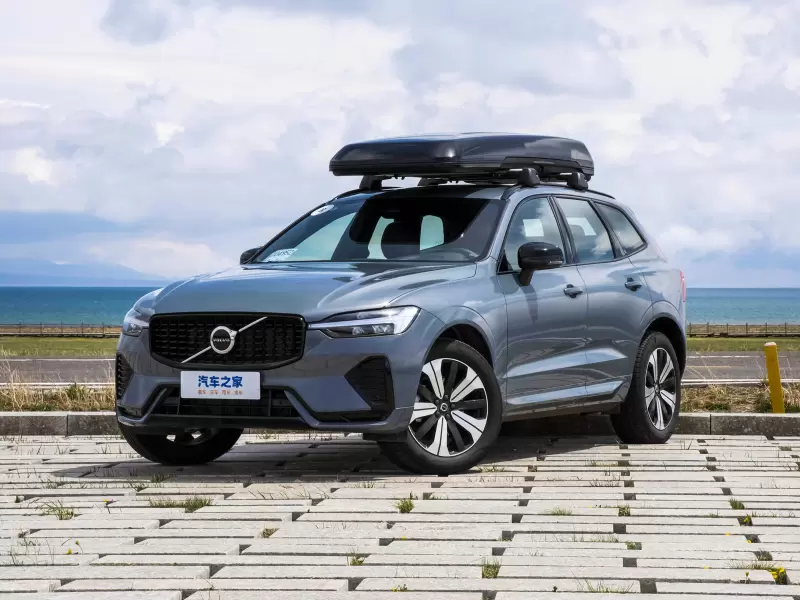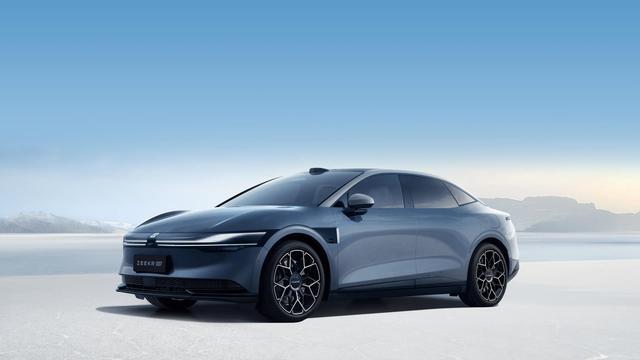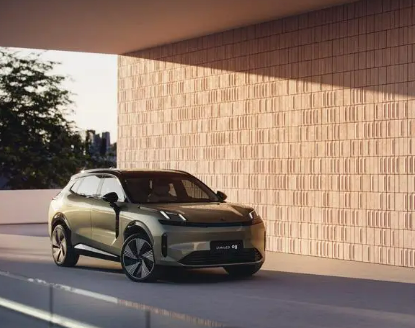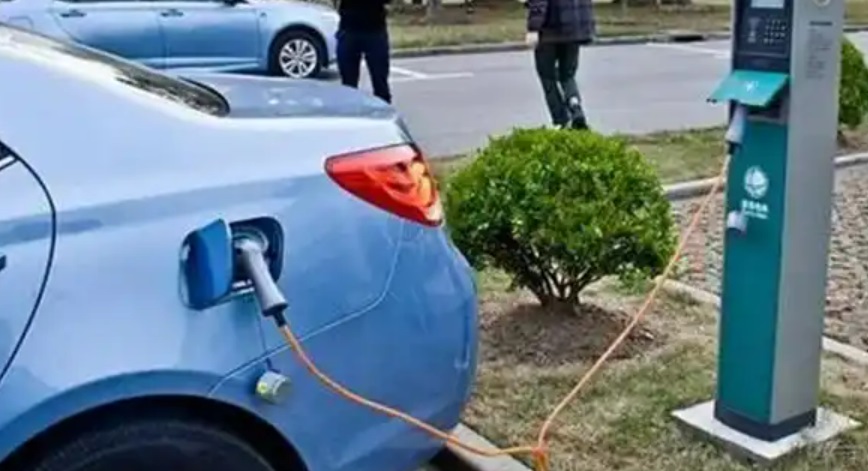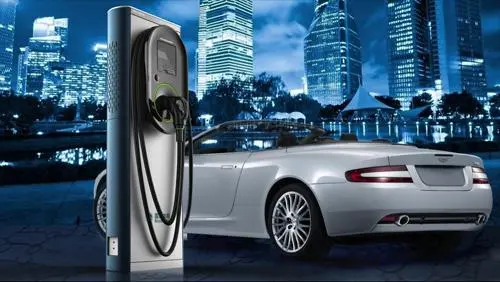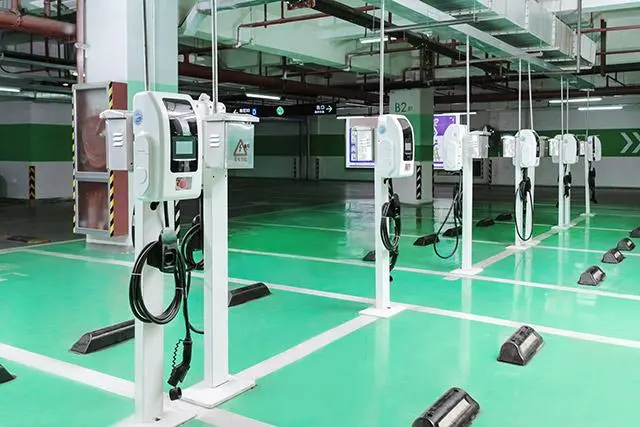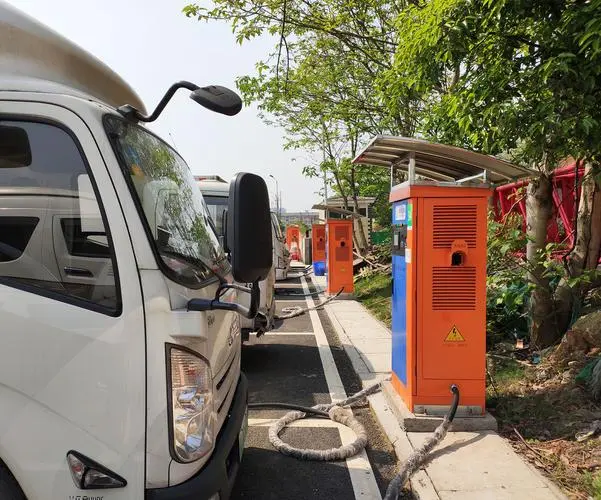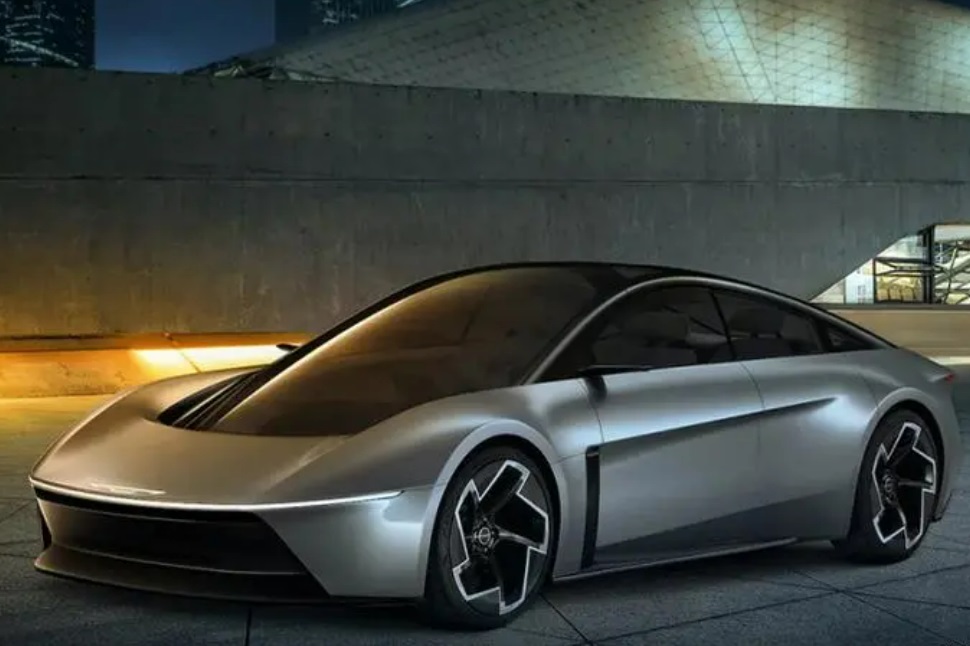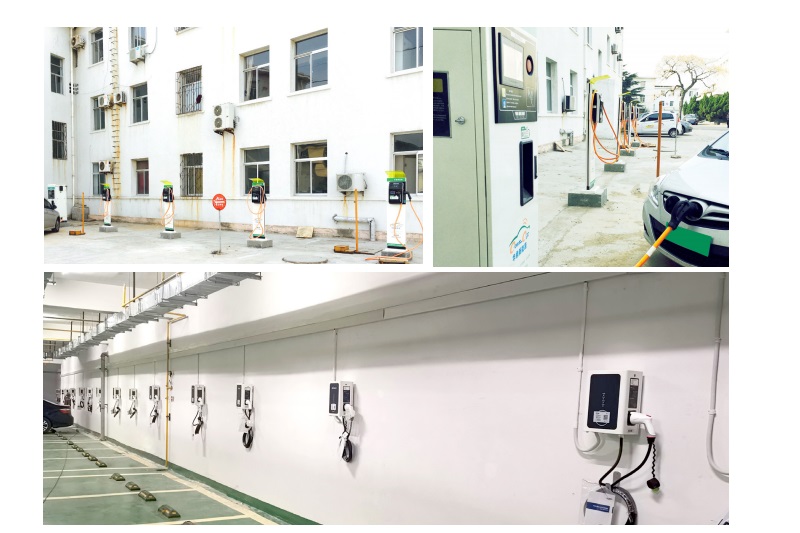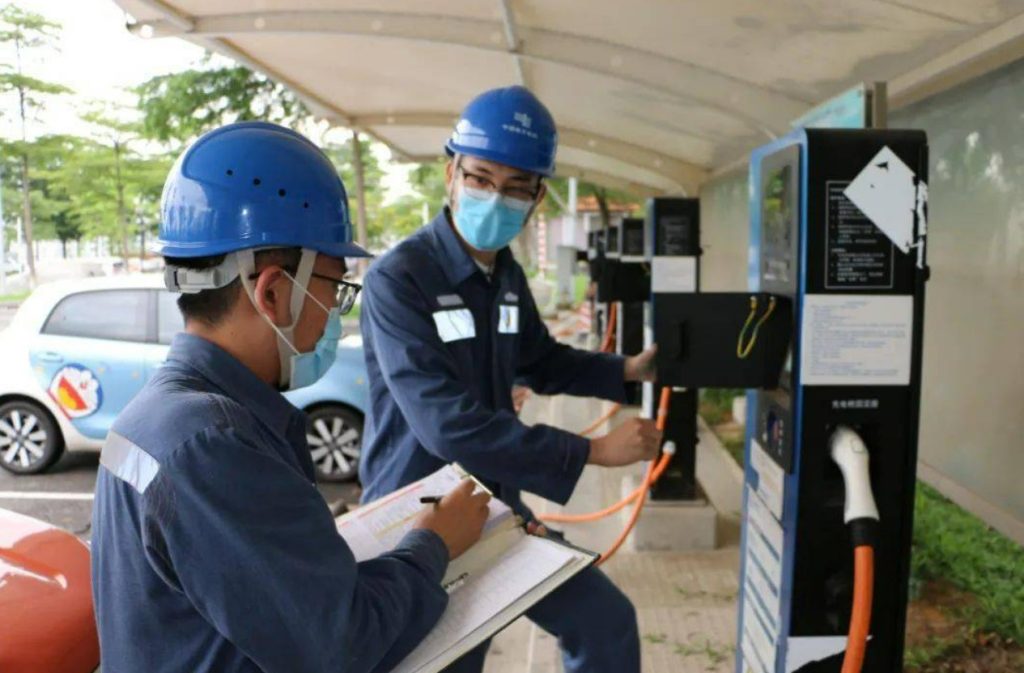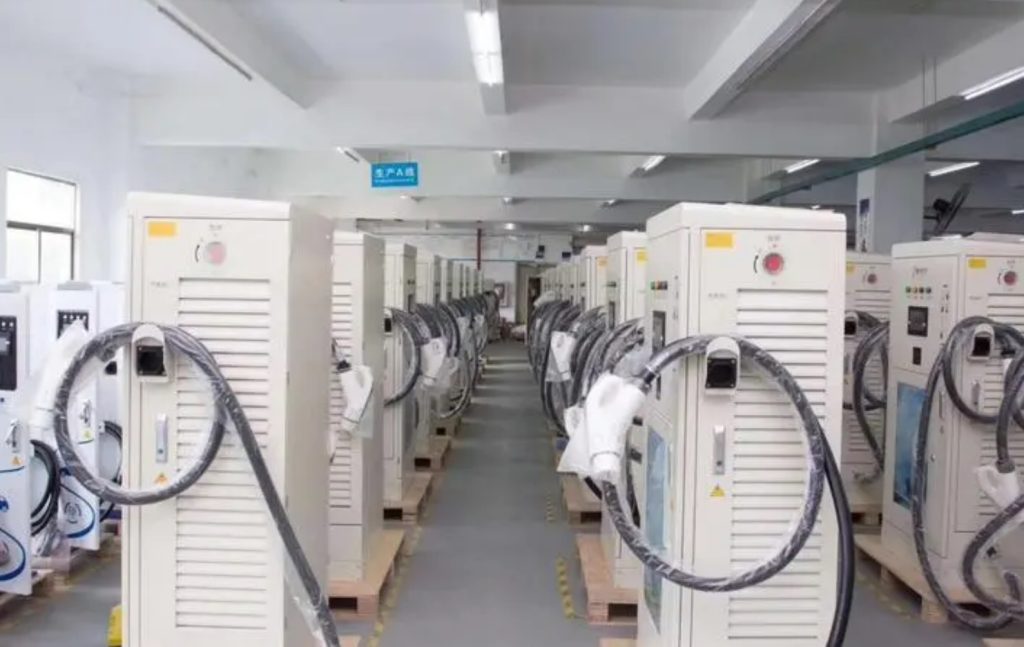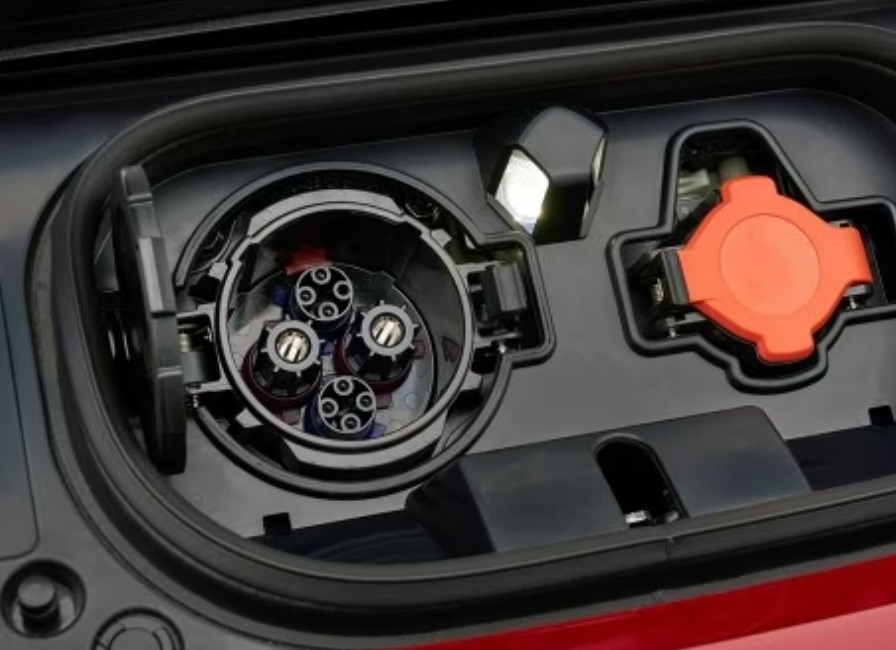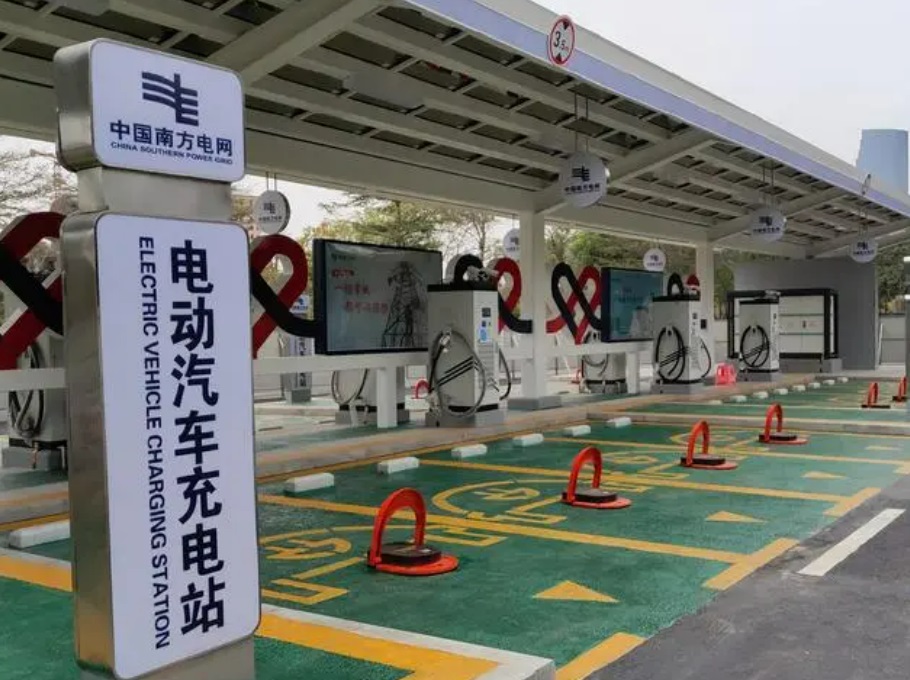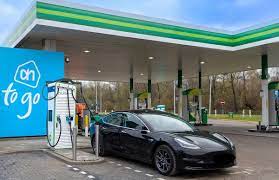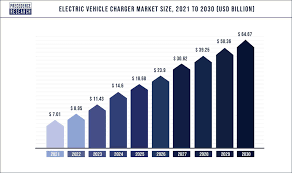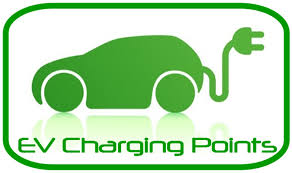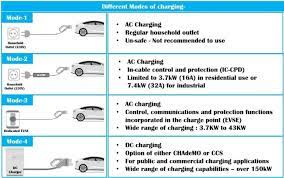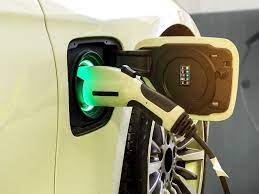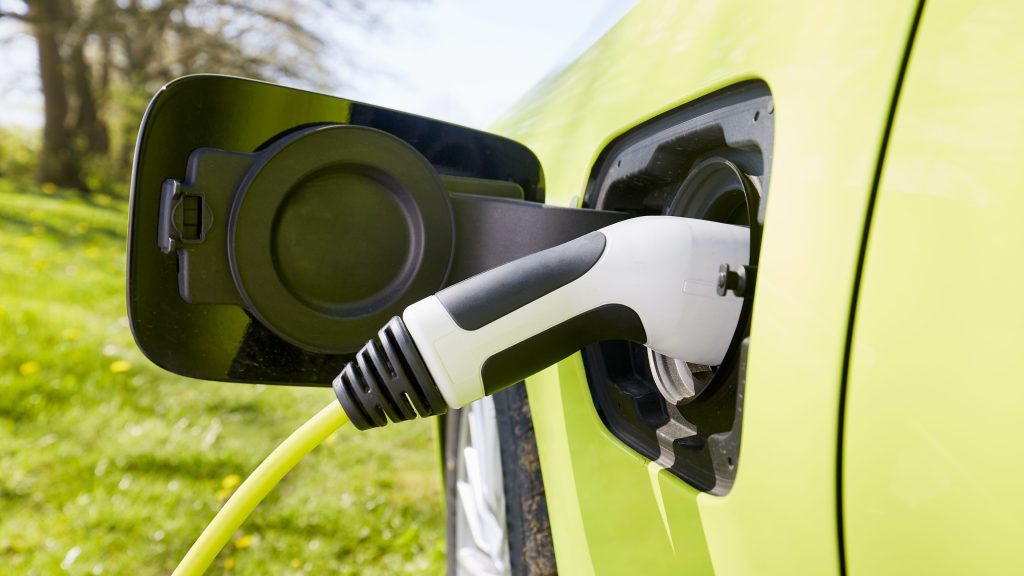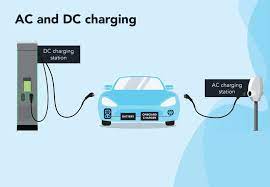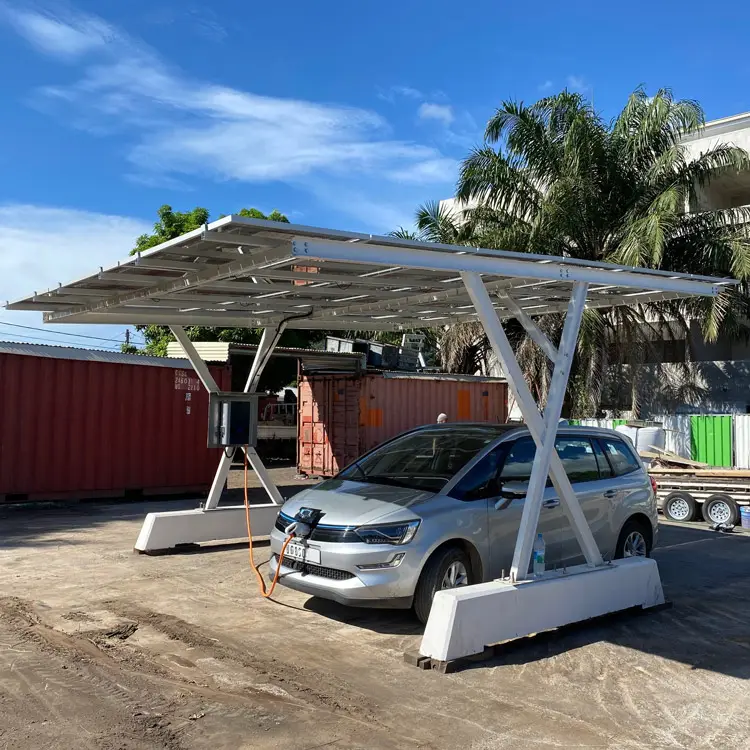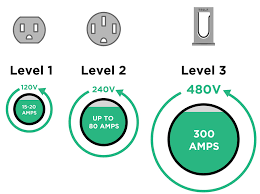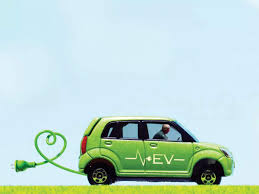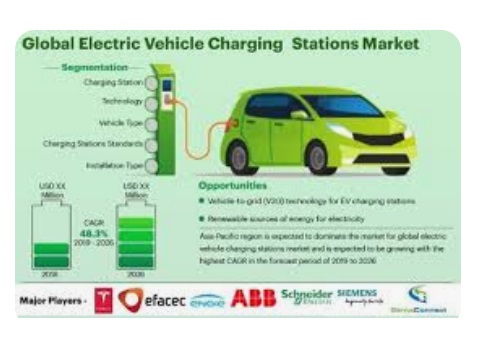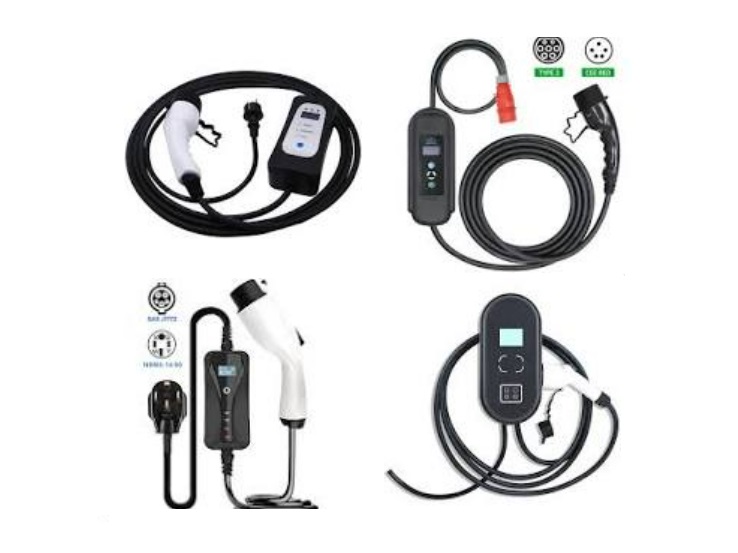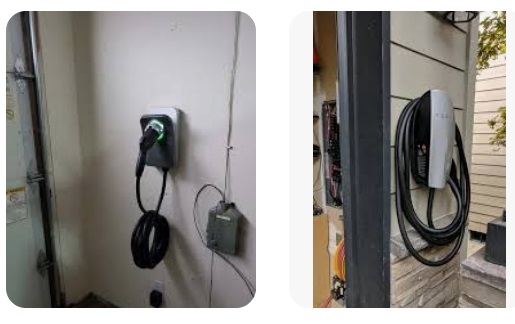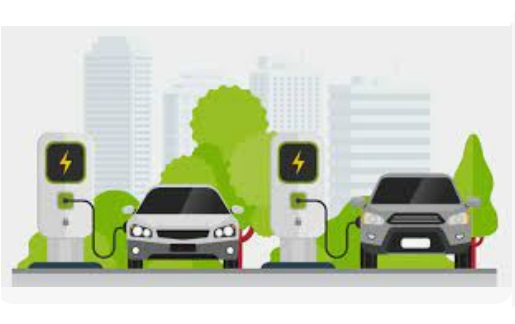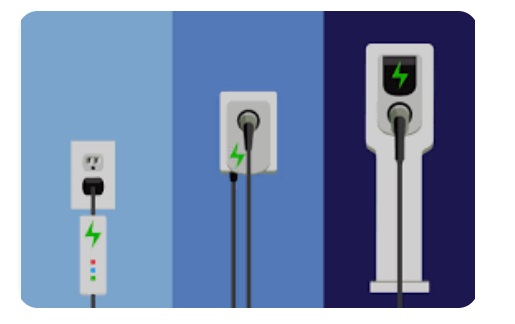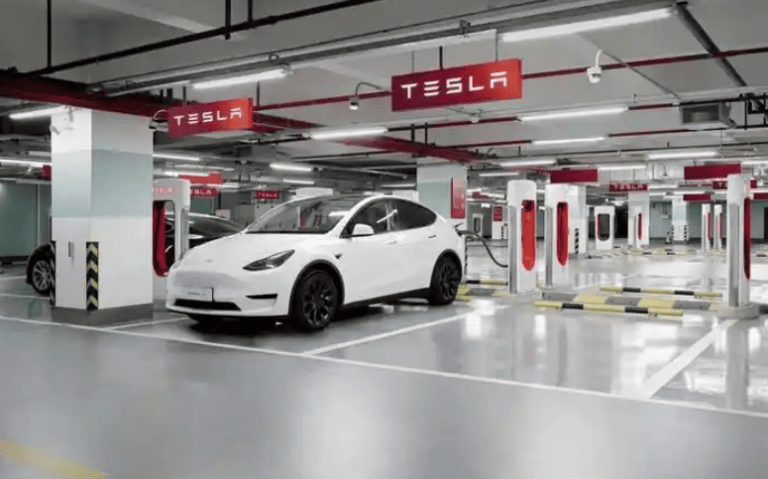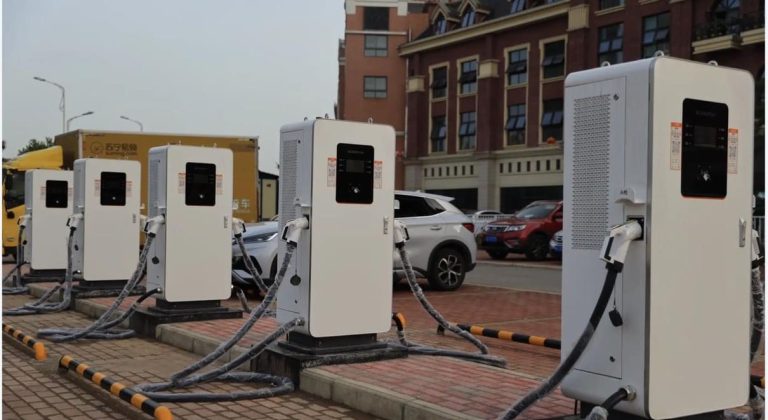What ev charger should i buy?
What EV Charger Should I Buy?
The best EV charger for you depends entirely on your primary charging location and your vehicle’s specific needs.For easy and effective ownership, selecting the appropriate electric vehicle (EV) charger is essential. Knowing the various situations and matching them with the appropriate equipment guarantees that you get the power you require, safely and dependably. Your options range from simple portable cables to strong home stations and specialized adapters. A thorough explanation of suggestions catered to different charging scenarios can be found below.

For Charging Primarily at Home: The Home Charging Station (Wallbox)
If you have dedicated off-street parking, like a garage or driveway, installing a dedicated home charging station (often called a wallbox) is almost always the best long-term investment. These units offer significantly faster charging speeds than standard household outlets and are designed for safe, regular, overnight charging.
- Teld (特来电) 7kW Home Charging Station: The cost and capability of this unit are very well balanced. It can add a significant amount of range overnight (usually 30 to 50 miles per hour of charging, depending on your EV), and its 7kW power output is standard for single-phase home installations. In addition to having a wide range of compatibility with well-known EVs like Tesla (which frequently requires a basic adapter), Li Auto models, and the Volkswagen ID series, it provides flexible installation options (wall-mount or pedestal).Smart features are a highlight, including Bluetooth for automatic connection and starting, QR code scanning for activation, and app control for scheduling charging during cheaper off-peak electricity periods. It’s built tough with a high protection rating, ensuring reliable operation in a wide temperature range from -30°C to 60°C, making it suitable for most climates.
- Star Charge (万帮星星充电) 7kW Aurora Home Charging Station:The Aurora is a convenience and security device that can be charged using a physical RFID card, Bluetooth proximity detection, NFC (tap your phone), or its own app. For various users, this flexibility is fantastic. With 15 different protection mechanisms and an amazing IP67 dust and waterproof rating—which means it can withstand heavy rain, dust storms, and even temporary submersion—safety is of the utmost importance. Beyond just initiating sessions, its app integration allows scheduled charging to take advantage of reduced nighttime rates. If you’d like to make money by occasionally letting other verified users charge at your station, it even has a “private pile sharing” feature.
- Xiaomi 7kW/11kW Home Charging Station: Xiaomi applies its technological know-how to EV charging. The standard 7kW power or the faster 11kW option—which requires a three-phase power supply, which is typical in many apartment buildings or newer homes—are the only options this station offers. The charging time can be greatly shortened with the 11kW option. For comfortable use, it has an ergonomic handle and a lightweight design. It can withstand dust and rain thanks to its IP55 protection. It is completely compatible with other EV brands even though it integrates seamlessly with Xiaomi vehicles (allowing for automatic authorization and charging port unlocking). It has all the extensive safety features that one would anticipate at this level.
- Zhidar (挚达) 11kW Home Charging Station: The Zhidar 11kW station offers the fastest home charging speeds available outside of DC fast chargers, provided your home electrical panel and supply support it (usually requiring a 380V three-phase connection). For drivers with extremely high daily mileage or larger battery packs, this is perfect. It works with high-end EVs like the AITO M9, Tesla, and Zeekr. In addition to its raw power, it has intelligent features like voice prompts, fully remote control through an app, and adjustable indicator lights (also known as “wisdom light language”). With 12 layers of safety protection, this enables scheduling charging sessions, real-time progress monitoring, and energy consumption checking.
For Portable Charging On the Go: The Mobile EVSE (Portable Charger)
Sometimes called a “granny cable” or travel charger, a portable EVSE (Electric Vehicle Supply Equipment) plugs into standard electrical outlets. It’s essential backup equipment and useful for destination charging where no dedicated station exists.
- Bull (公牛) Small Cyclone Integrated Portable Charger: Bull’s portable charger, which is well-known for its dependability, has an incredibly long 10-meter cable that provides plenty of flexibility for reaching outlets in parking lots, garages, or at relatives’ houses. Mercedes-Benz, BMW, Tesla, and Volkswagen are just a few of the well-known brands that are compatible with it. It offers a reasonable charging speed from a typical household outlet (about 10-15 miles of range per hour) with a peak power output of 3-3.5kW. Overload and short-circuit protection are built-in safety features. Its sturdy, premium casing guarantees longevity, and its integrated design makes it manageably small to fit in the trunk.
- Jonhon (中航光电) Factory-Grade 3.5kW Portable Charger: Emphasizing portability and smart features, this lightweight charger (only 1.2kg) is easy to carry and store. Its standout feature is Bluetooth connectivity to a smartphone app. This enables remote control functions like scheduling charging times (to use cheaper electricity) and adjusting the charging current. This current adjustment is crucial for safely charging from older or lower-capacity household circuits by reducing the power draw. With an IP67 rating, it’s highly resistant to dust and water ingress. It incorporates 12 safety protections and operates reliably across a wide temperature range, making it a dependable travel companion.
- Baseus Smart Portable Charger: Baseus brings advanced tech features to portable charging. Its companion app provides significant control, including selecting from 9 different charging current levels for optimal compatibility and safety with various outlet types. Compatibility is broad, covering Tesla, Li Auto, NIO, and others. A clear 1.5-inch OLED screen provides real-time data on charging metrics (current, voltage, power, temperature), offering valuable transparency. Safety is enhanced with intelligent dual temperature sensors to prevent overheating and instant fault detection with alerts. Its IP55/IP66 rating ensures resilience against rain, dust, and splashes encountered during outdoor use.
For Emergency Starting: Jump Starters
While not EV chargers, a reliable jump starter is crucial emergency gear for any driver, especially since EVs have traditional 12V batteries that can still go flat.
- Xiaonengren (小能人) X12A Jump Starter: This compact power pack delivers an impressive peak current of 1200A, sufficient to start the engines of most cars, SUVs, and light trucks. Its key advantage is a wide operating temperature range (-10°C to 50°C), ensuring it works in freezing winters or hot summers. Safety is addressed with nine different protection mechanisms (like reverse polarity protection) to prevent damage during connection.
- Xenonlight (氙明电器) 12V Jump Starter: Designed for standard 12V vehicles, this unit incorporates intelligent power management chips. Its core safety features focus on preventing dangerous situations: short-circuit protection cuts power instantly if a short occurs, and reverse connection protection safeguards the unit and the car’s electronics if the clamps are accidentally attached backwards.
For Fast Charging Small Devices: Protocol-Compatible Adapters
Keeping phones, tablets, and laptops charged on the road requires adapters supporting modern fast charging standards.
- Baseus 152W Dual-Port (Type-C + USB-A) Wall Charger: This powerful plug-in adapter is ideal for home, office, or hotel use. Its 152W maximum output can rapidly charge demanding laptops via its USB-C Power Delivery (PD) port while simultaneously fast-charging a phone or tablet via the USB-A port (often using Quick Charge – QC). It supports a wide array of protocols (PD, QC, AFC, FCP, SCP, PPS, etc.), ensuring compatibility with virtually any modern smartphone, tablet, or USB-C laptop.
- Baseus 60W Dual-Port (Type-C + USB-A) Car Charger: Designed for the vehicle’s 12V socket (cigarette lighter port), this adapter provides substantial fast-charging power on the go. Its 60W output, split intelligently between its Type-C (PD) and USB-A (QC/AFC/etc.) ports, supports the fast charging protocols used by Apple iPhones (PD), Samsung Galaxy phones (PPS/AFC), Huawei phones (SCP/FCP), and many others, ensuring your devices charge quickly during commutes or road trips.
For Outdoor & Emergency EV Charging: Rugged Portable Solutions
Charging away from home, especially in unpredictable environments like campsites or during roadside emergencies, demands robust and safe equipment.
- Bull Comfort Edition Portable Charging Cable: Prioritizing safety above all for occasional outdoor or emergency EV charging, this cable incorporates eight critical safety protections (over-voltage, under-voltage, over-current, short-circuit, etc.). The crucial charging connector (gun head) is made from V0-grade flame-retardant material, the highest standard for resisting fire. Its IP55 rating provides solid protection against dust ingress and water jets from any direction, making it suitable for use in rain or dusty conditions.
- CSG (科大智能) Charge & Discharge Integrated Portable Unit: This versatile device offers a unique feature for outdoor enthusiasts: bidirectional power flow. It can charge your EV at up to 3.5kW from suitable outlets (like a campsite hookup), and it can also discharge power from your EV’s high-voltage battery (using Vehicle-to-Load – V2L technology) at up to 2.2kW. This turns your EV into a giant power bank, capable of running appliances like electric grills, kettles, projectors, or providing emergency power during outages. Its design inherently considers the demands of outdoor scenarios like camping.
Key Considerations When Choosing:
- Confirm Charging Protocols: Especially for small device chargers (QC, PD) and ensuring compatibility between your EV and any portable charging cable (most modern EVs use the standard J1772 or Type 2 connector, Tesla uses its own but often includes an adapter).
- Prioritize Power: For home charging, higher power (7kW or 11kW) drastically reduces charging time compared to a basic 2.3kW portable unit. For fast chargers, higher wattage (like 60W, 100W, 152W) means faster device charging.
- Demand Durability and Safety Outdoors: If you plan to charge outside frequently or need emergency gear, look for high IP ratings (IP54, IP55, IP66, IP67) for dust/water resistance and robust safety certifications and protection features (over-voltage, under-voltage, over-temperature, short-circuit, ground fault). Flame-retardant materials (like V0 rating) are essential for EV charging connectors.
- Consider Smart Features: For home chargers, app control, scheduling, and usage monitoring add significant convenience and potential cost savings via off-peak charging. For portable EVSEs, features like adjustable current or Bluetooth control enhance flexibility and safety.
- Check Compatibility: Ensure the charger physically fits your car’s port (J1772, CCS, Tesla, CHAdeMO for DC fast, though home units are AC only) and that its power output is supported by your vehicle’s onboard charger (e.g., a 11kW home station is only beneficial if your car has an 11kW+ onboard charger). For jump starters, ensure its peak amps are sufficient for your engine size.
- Professional Installation: Home charging stations (Level 2) require installation by a qualified electrician to ensure safety and compliance with local electrical codes. Never attempt this yourself.
By carefully evaluating your typical charging routine, location, vehicle requirements, and desired features, you can select the perfect combination of EV charging equipment to keep you powered up efficiently, safely, and conveniently, wherever your journey takes you.

